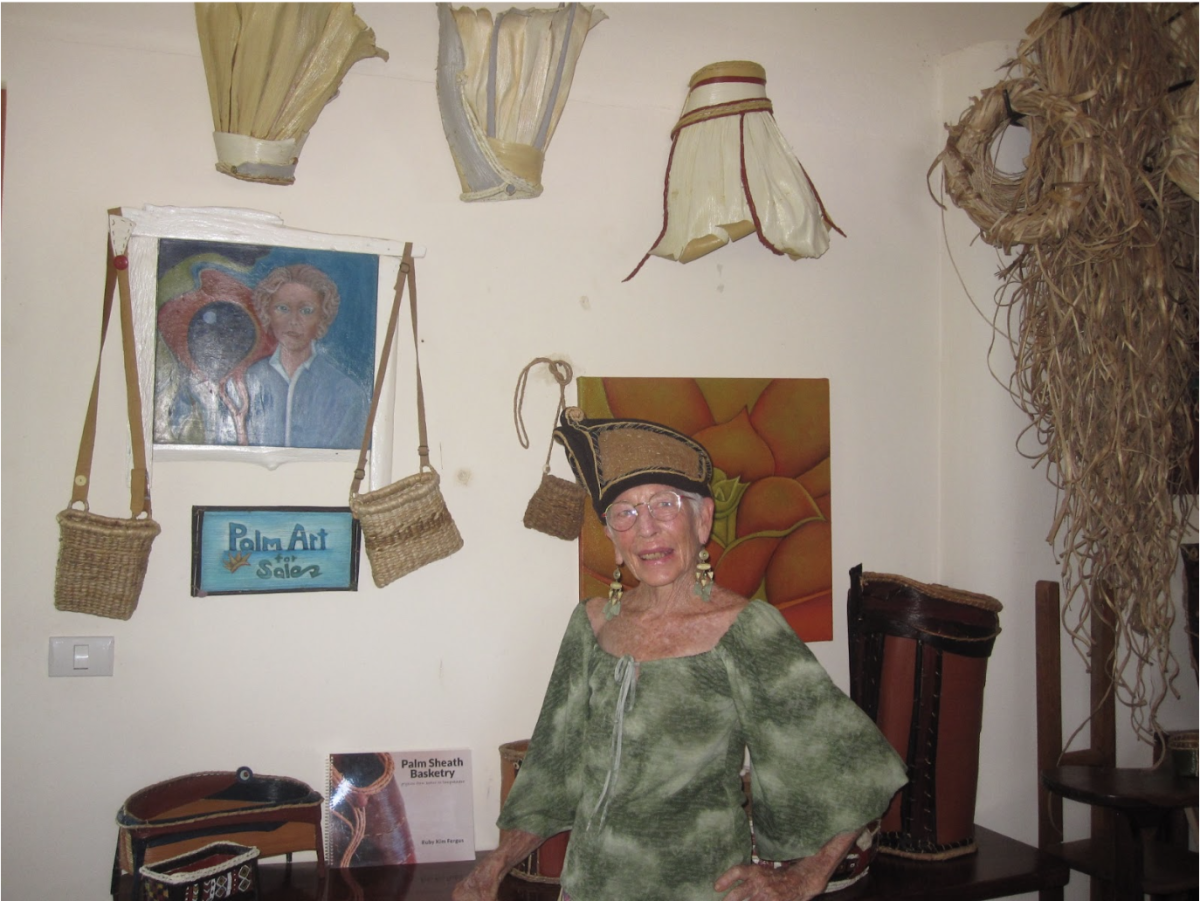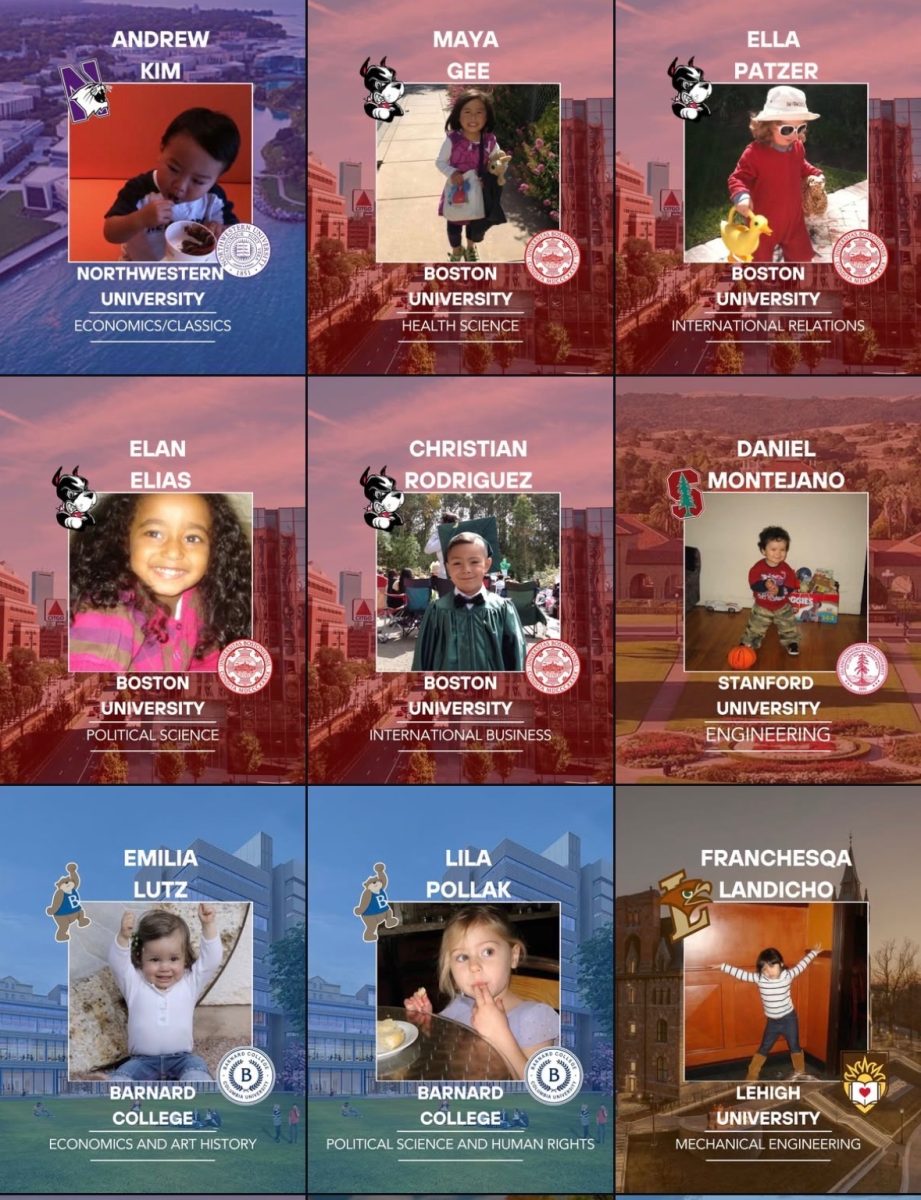Zoe Newcomb
Editor-in-Chief
The college application process is without a doubt the most utterly ridiculous thing I have ever participated in. So I was horrified, like many of my peers, when I heard National Public Radio’s (NPR) “Behind-the-Scenes” story that included audio from an admissions committee at Amherst University as they decided the fate of applicants to the school.
Listeners are subjected to seven minutes and 46 seconds of admissions counselors rejecting overly-qualified students for a lack of “je ne sais quoi” and accepting others because of a single witty line in their essays.
I’m not really sure why Amherst agreed to participate in this piece. Maybe they did it to show that they do the best job that they can or to show rejected students that they were probably qualified but just fell victim to a “flawed process,” as director of admissions Tom Parker called it. But for me, it simply highlighted the absurdity of how the hours and hours I poured into my applications were irrelevant.
For many of the colleges I applied to, the deciding factor was probably not the number of Advanced Placement classes I took or the fact that I’m editor-in-chief of a nationally ranked newspaper. No, decisions were likely based on a single word choice, a misplaced comma or just the fact that the committee was getting grumpy and ready for a coffee break.
I just don’t understand how the applicant who the admissions committee describes as “clearly a superstar” gets not even one vote while the applicant who writes part of his essay about chicken nuggets causes the committee to roar with laughter and vote him into the Class of 2015.
It is a lose-lose situation for the committee that must compare the superstar’s poignant essay about working in a pediatrics hospital to chicken nugget boy’s clearly humorous one. The applicants are clearly different, and as such, need to be evaluated differently. Yet, as Parker concedes, the college application process begins to make unique and qualified students look “remarkably similar.”
I feel for the admissions counselors who are quoted in this interview — they face tremendous pressure evaluating thousands upon thousands of unique and equally important applications. I would not trade positions with any admissions counselor any day because they hold a job that is impossible.
The blatant violation of the confidentiality of applicants who had exact essay sentences quoted in a public piece and the admissions decisions essentially given to students over nationwide public radio are not the worst parts of the NPR piece. The most frightening part is the deeper and more concerning issue that students across this country are losing their value as human beings and have become just a number.
Even the colleges that claim to look at every applicant as more than just their statistics have to draw the line somewhere — there always has to be a point when grades are just too low or recommendations are just not good enough.
I grew up taught that I could do whatever I wanted to if I worked hard enough. It wasn’t until I began applying to college that I began to doubt myself and my ability to achieve my dreams. Maybe I don’t deserve getting into the top college, I thought. Maybe I could have worked harder — but I know this can’t be true because nine Advanced Placement classes, 400 hours of community service and countless tears later, I’m not far from becoming a teenage burnout.
There is something wrong with a society in which applying to college can actually be a more negative process than a positive one. I hope that when my children apply to college they won’t be subjected to the same ruthless competition that tears applicants apart as they simply try to pursue a higher education.
I’m lucky to be deciding between two fantastic colleges where I will spend the next four years of my life. But that is what I’ve learned this process is really all about — luck.








